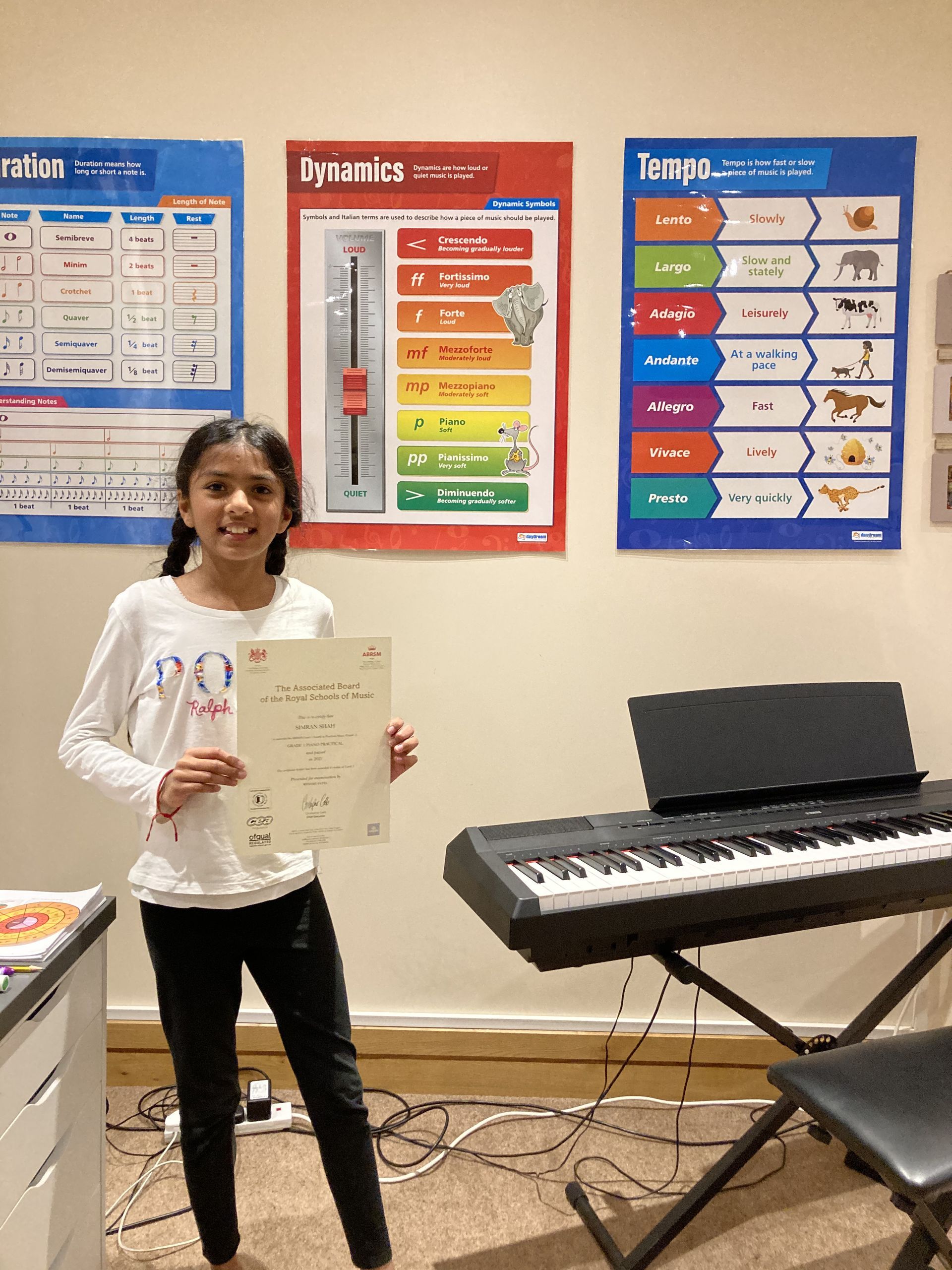How to Choose Your Perfect Piano Teacher
Today there are several piano teachers with a large variety of teaching methods, services and approached. It may seem like there are so many options and it’s becoming more difficult to choose who can best serve your needs.
To support you in your decision making we recommend checking out the following before choosing your teacher or piano school.
1. Experience
Today there are several teachers and schools who teach a specific ability, age requirement, exam board or genre of music. Therefore, we recommend asking the organisation you are interested which audience they cater to.
If you are a beginner and are unsure which area you’d prefer to focus on when you start your piano journey, ask if there is a trial period or choose based on the organisation with the most experience in successfully teaching the foundational knowledge.
To gain a deeper understanding in the organisation you can also ask them about previous students who have been in your position and use this this as a measurement of their delivery, skill set and services.
2. Individualised Approach
Everyone learns differently. Some may prefer visual prompts, some auditory and others kinaesthetic resources and materials. It may be useful to check on the teacher’s website or contact them to ask them how they would tailor their resources to best help you succeed.
We believe the student-teacher connection is crucial in having a successful piano journey, as this can create an enjoyable and fulfilling learning experience for both the student and teacher.
Another useful quality we’ve discussed in our teaching team when we learn is having empathy for our students. This is when a teacher also continues their professional development so that they can empathise with the student struggles and demonstrate different techniques when required to do so. To test the waters, ask if there is a trial period or opportunity to meet the teacher you’ll be working with before you begin your piano lessons.
3. Consistency
If they are consistent, they are committed.
How often do they teach and does this work with your timetable? If you cannot make a lesson is there an opportunity to make-up the class?
If your teacher can fit you in for regular sessions – say once or twice per week then this will help both your progress and accountability both in the short and long term.
Remember that when you are trying out these hacks to look at them little and often but also be patient with yourself. If you wish to know more about these hacks and resources, feel free to take a look around our website or connect with us directly!



All Rights Reserved | Key Sounds UK
